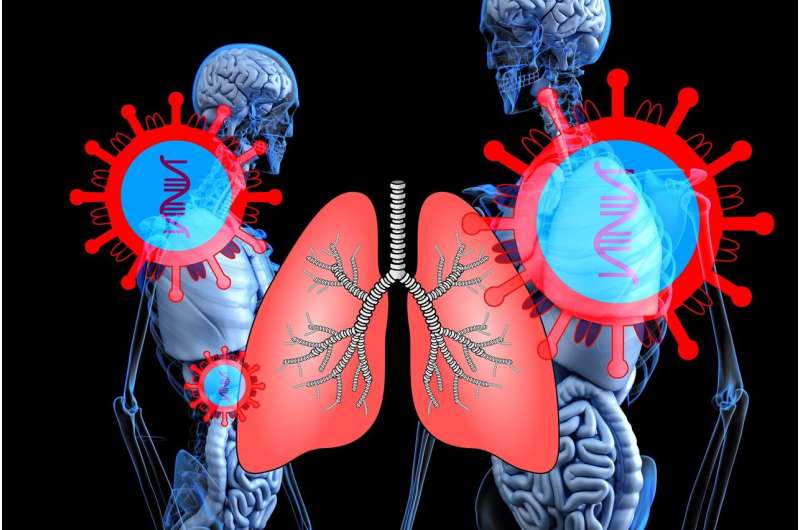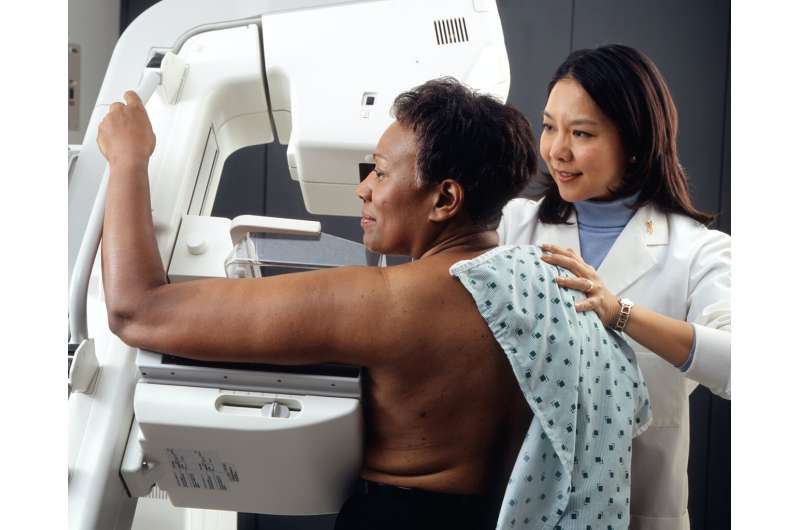Unlocking Longevity: How Dolphin Arteries Remain Young and What It Means for Human Heart Health

Exploring how dolphins' arteries avoid aging offers promising insights for preventing cardiovascular diseases in humans. Groundbreaking research reveals the potential of dolphin blood factors in maintaining arterial health and aging prevention.
Scientists are investigating the remarkable resilience of dolphin arteries as they age, aiming to uncover insights that could revolutionize cardiovascular health in humans. Research led by Yara Bernaldo de Quirós, a biologist at the University of Las Palmas de Gran Canaria, explores why dolphins do not develop age-related arterial diseases like atherosclerosis, despite their long lifespans. This curiosity arose during her Ph.D. studies on large whales, which surprisingly do not suffer from arterial aging issues, possibly due to adaptations from deep diving behaviors that cause rapid blood flow and oxygen fluctuations.
To test these ideas, Bernaldo de Quirós collaborated with Professor Douglas Seals from the University of Colorado Boulder in a project called Arterial Aging. They hypothesized that marine mammals, through millions of years of evolution to withstand extreme pressures, developed natural mechanisms protecting their arteries from aging. Confirming this could lead to novel ways to prevent cardiovascular diseases—a leading cause of death in Europe.
A pioneering approach involved studying how blood components affect artery health. Researchers exposed arteries from young and old mice, and later humans, to blood serum from various sources. They found that blood from older mice and humans tended to impair artery function, mimicking aging. Conversely, blood serum from young mice and humans improved artery health.
The most groundbreaking discovery came with blood serum from bottlenose dolphins. When arteries from old mice were incubated with serum from aging dolphins, their function remained surprisingly healthy. This suggested that dolphin blood retains youth-preserving factors even at advanced ages, a finding published in the American Journal of Physiology.
Future research aims to identify the specific molecules responsible for this protective effect. Collaborations are underway with experts studying arterial aging conditions, such as Marfan syndrome, to understand potential mechanisms. The goal is to pinpoint which factors in dolphin blood maintain arterial health and how to translate this knowledge into human therapies.
As research progresses, scientists plan larger international studies to confirm these promising results. Understanding how dolphins naturally prevent arterial aging may pave the way for new treatments to combat cardiovascular diseases and promote healthy aging in humans, potentially transforming cardiovascular medicine in the future.
Stay Updated with Mia's Feed
Get the latest health & wellness insights delivered straight to your inbox.
Related Articles
Clinical Trial Finds Osimertinib Combined with Chemotherapy Extends Survival in EGFR-Mutated Advanced Lung Cancer
A groundbreaking Phase III trial demonstrates that combining osimertinib with chemotherapy significantly extends overall survival in patients with EGFR-mutated advanced lung cancer, potentially establishing a new standard of care.
Medicaid and Cancer Screening: Trends, Barriers, and Strategies in New Jersey
New Jersey's Medicaid program is pivotal in increasing cancer screening rates, but barriers remain. Recent research highlights progress, challenges, and strategies to improve early detection through culturally competent outreach and policy support.
Prolonged Sedentary Behavior After Heart Attack Increases Risk of Recurrence
Extended periods of sitting after a heart attack significantly increase the risk of another cardiac event. Replacing sedentary time with light activity or sleep can improve recovery outcomes and reduce future risks.
Healthcare Professionals Adopt AI to Alleviate Electronic Record Documentation Burnout
A groundbreaking study demonstrates how ambient AI scribes can reduce clinician burnout by streamlining electronic health record documentation and allowing healthcare providers to focus more on patient care.



